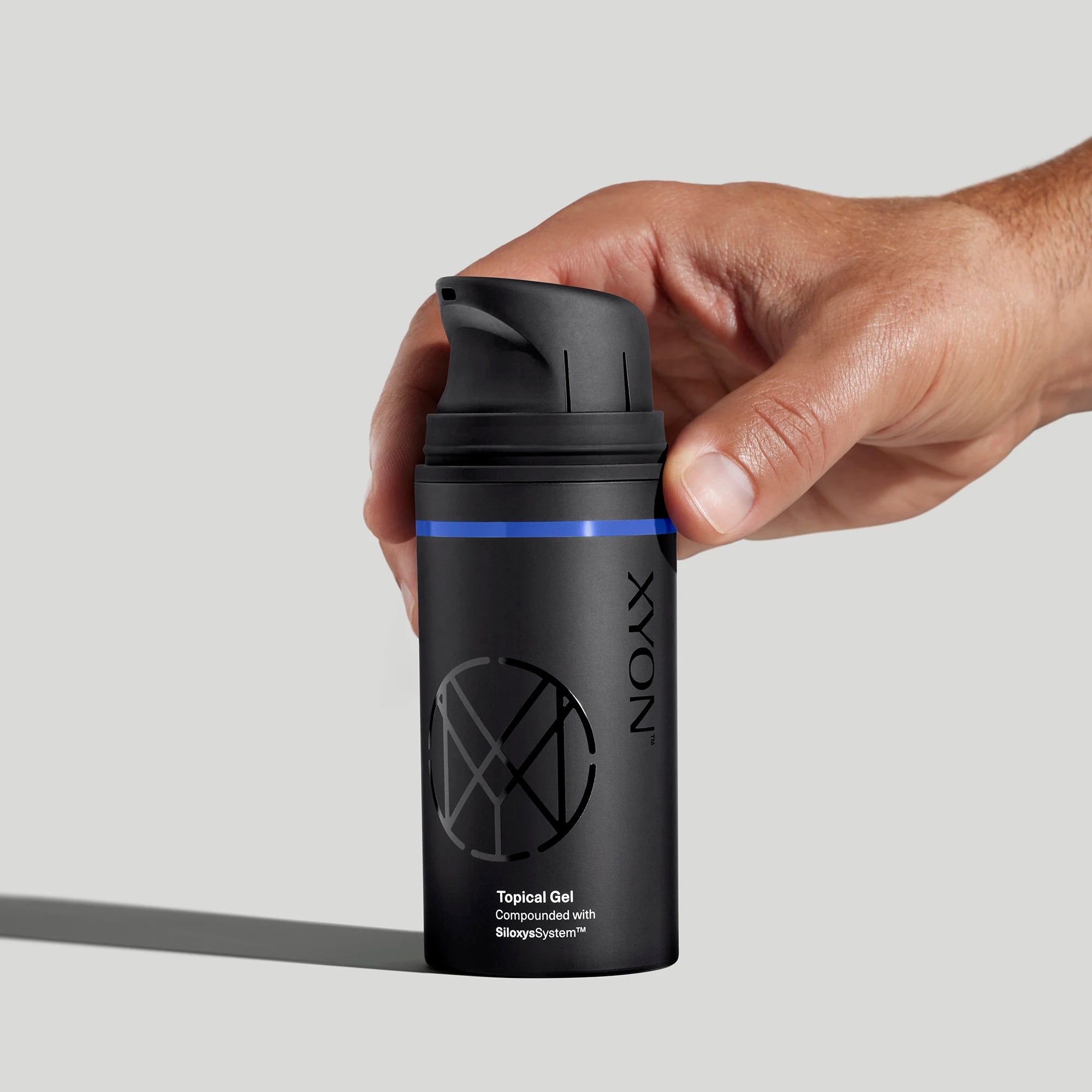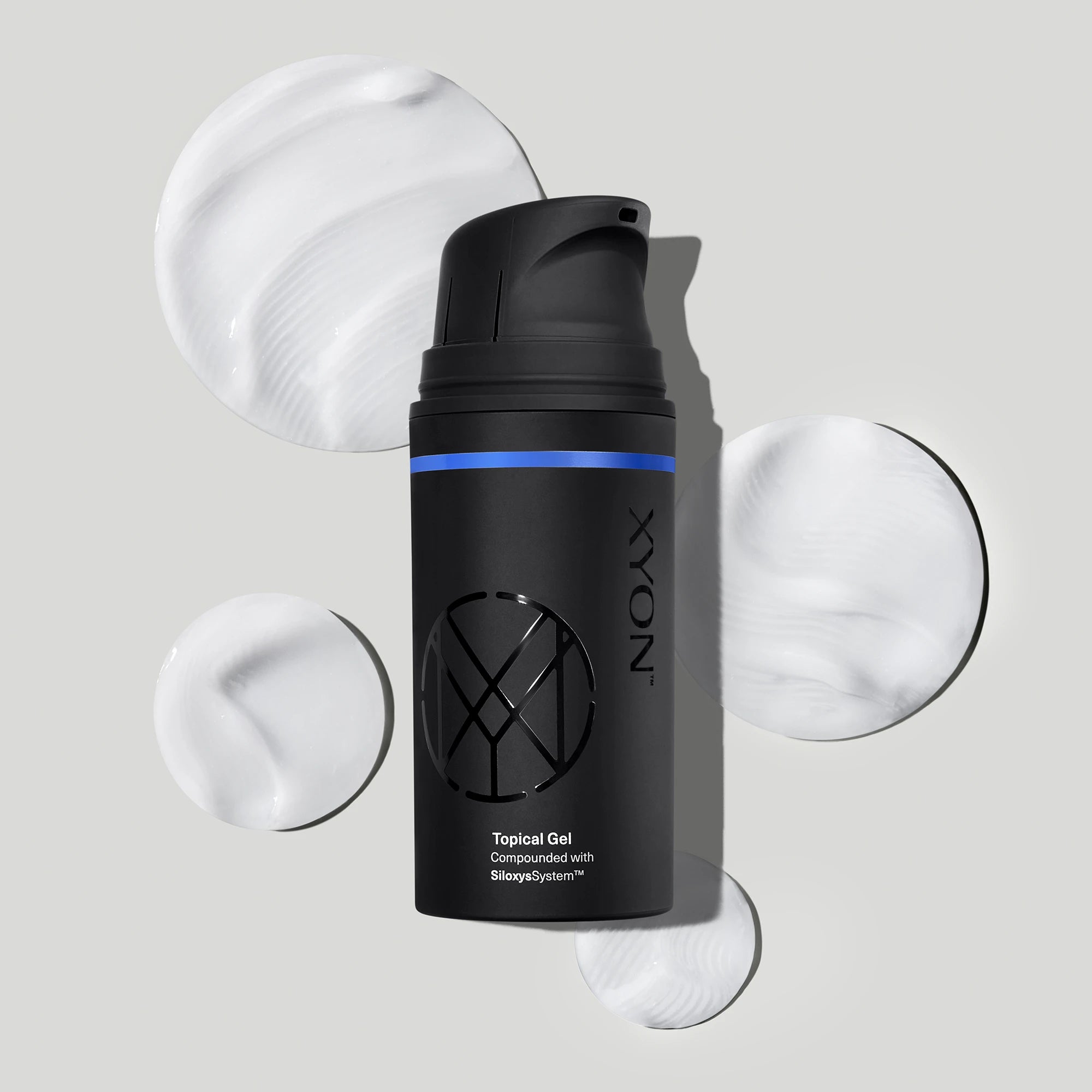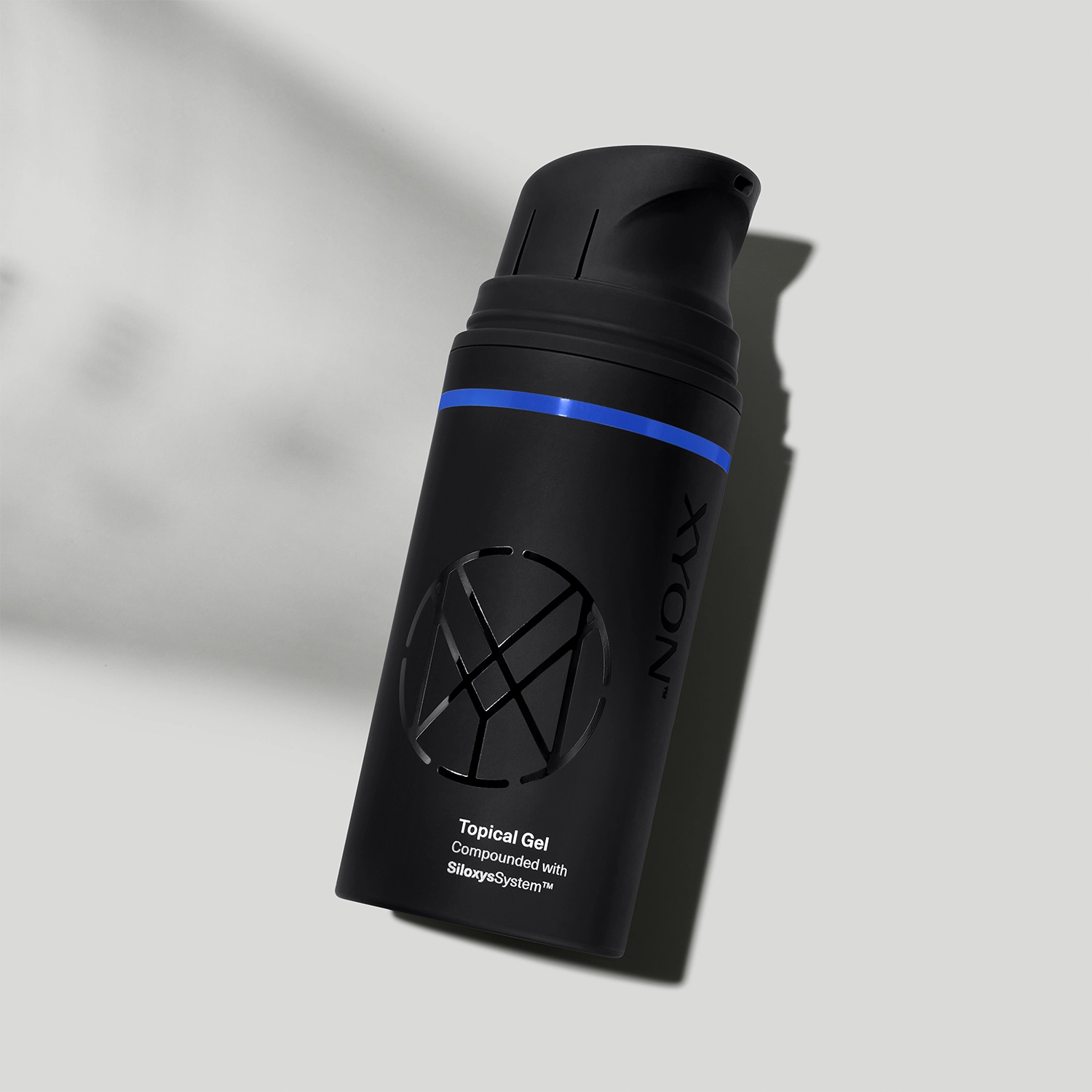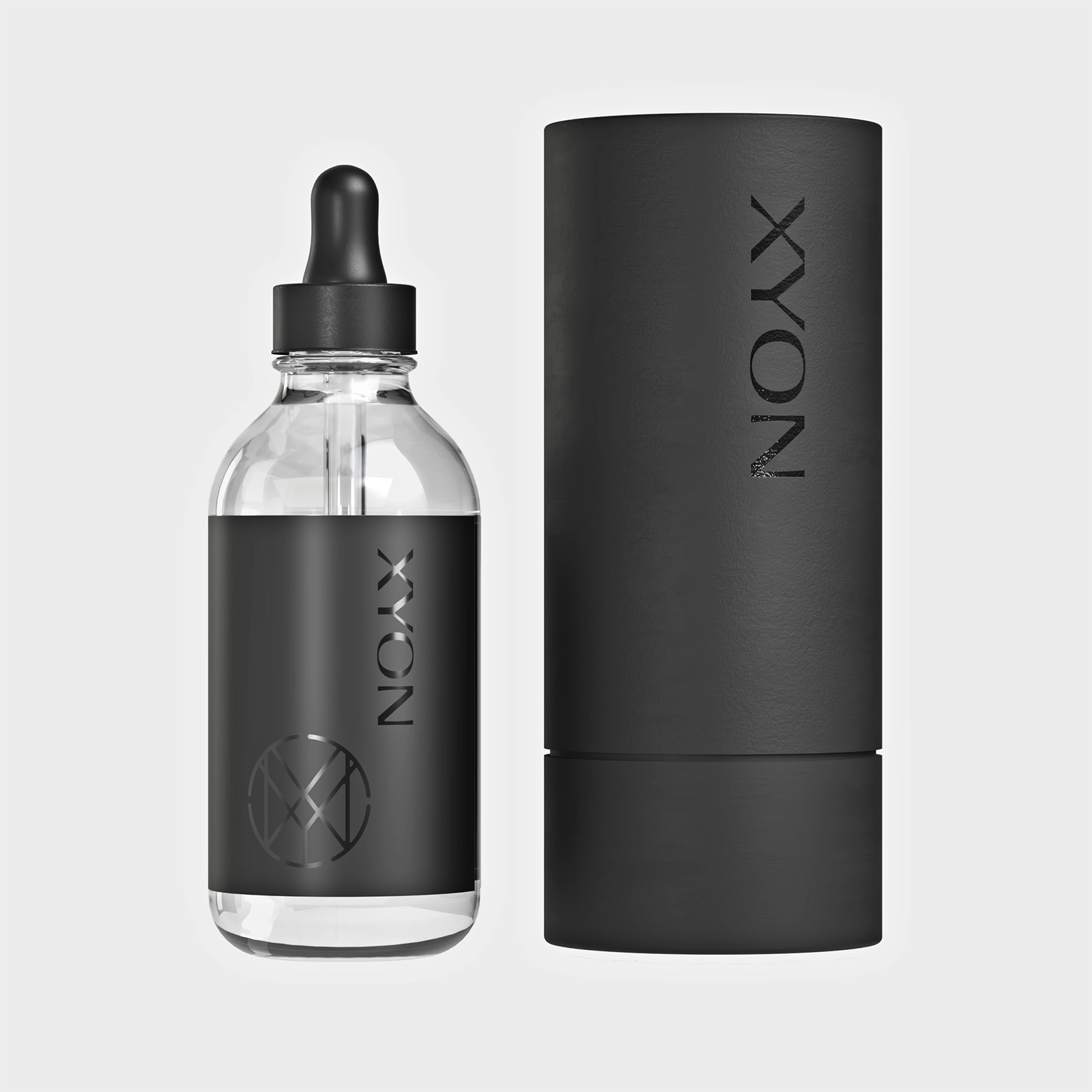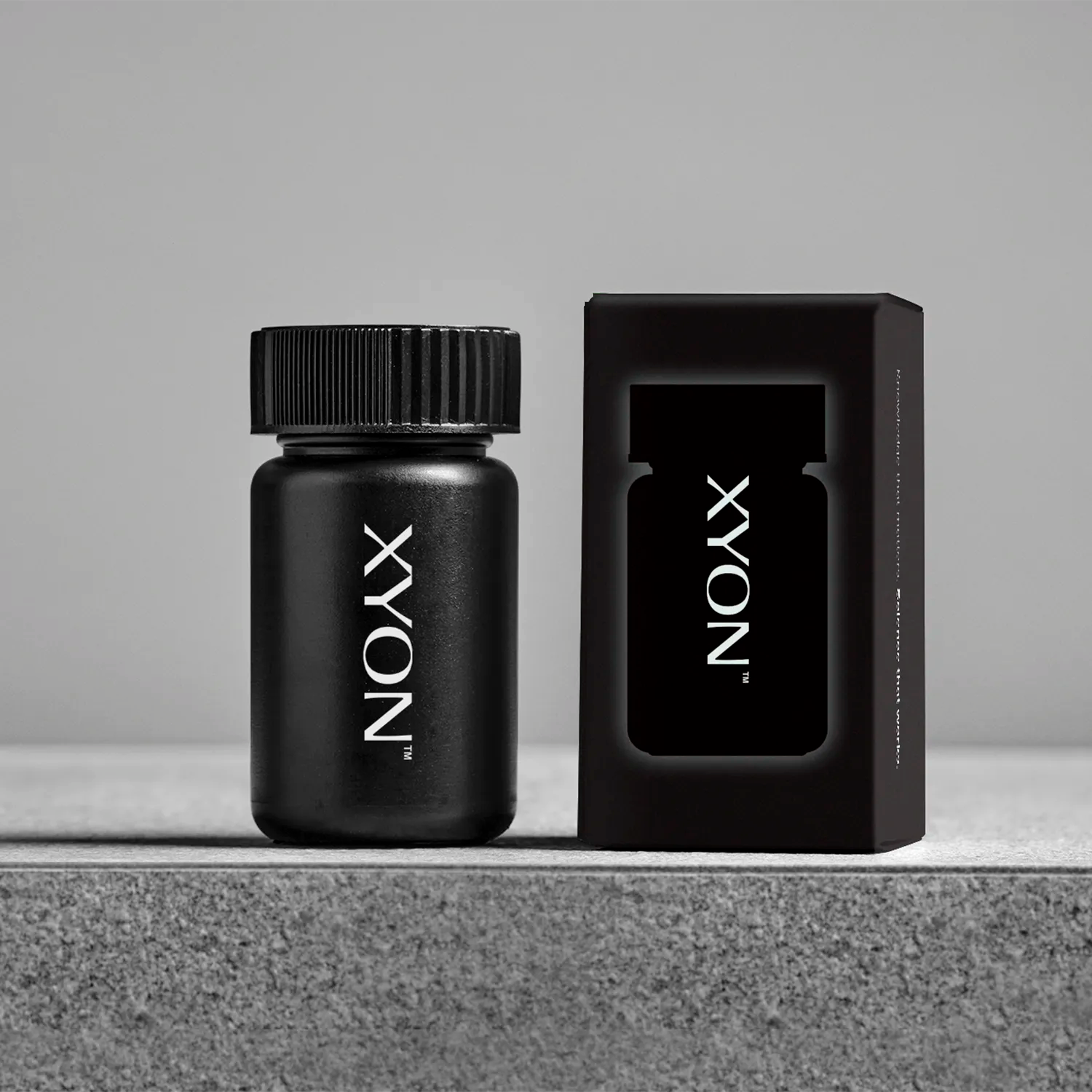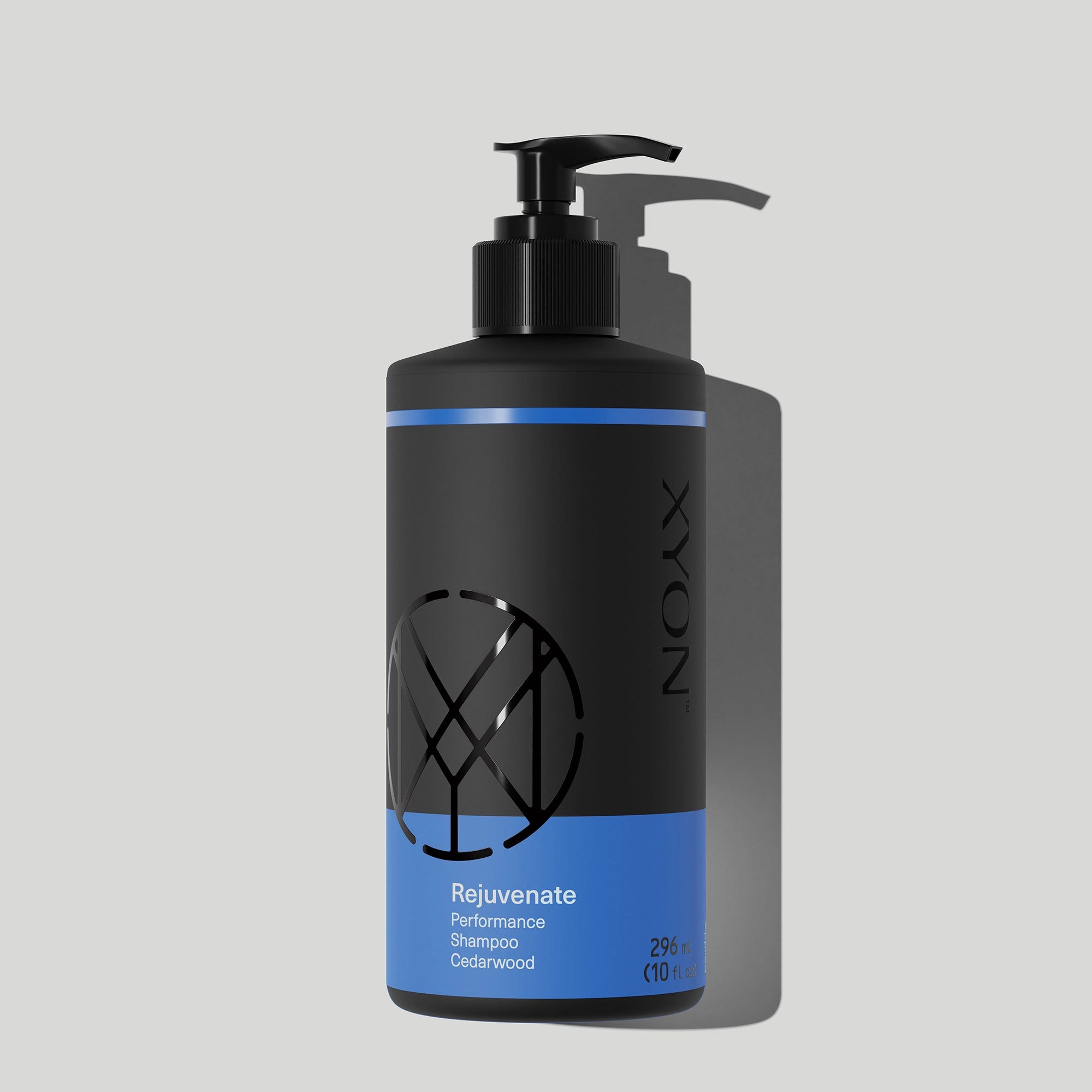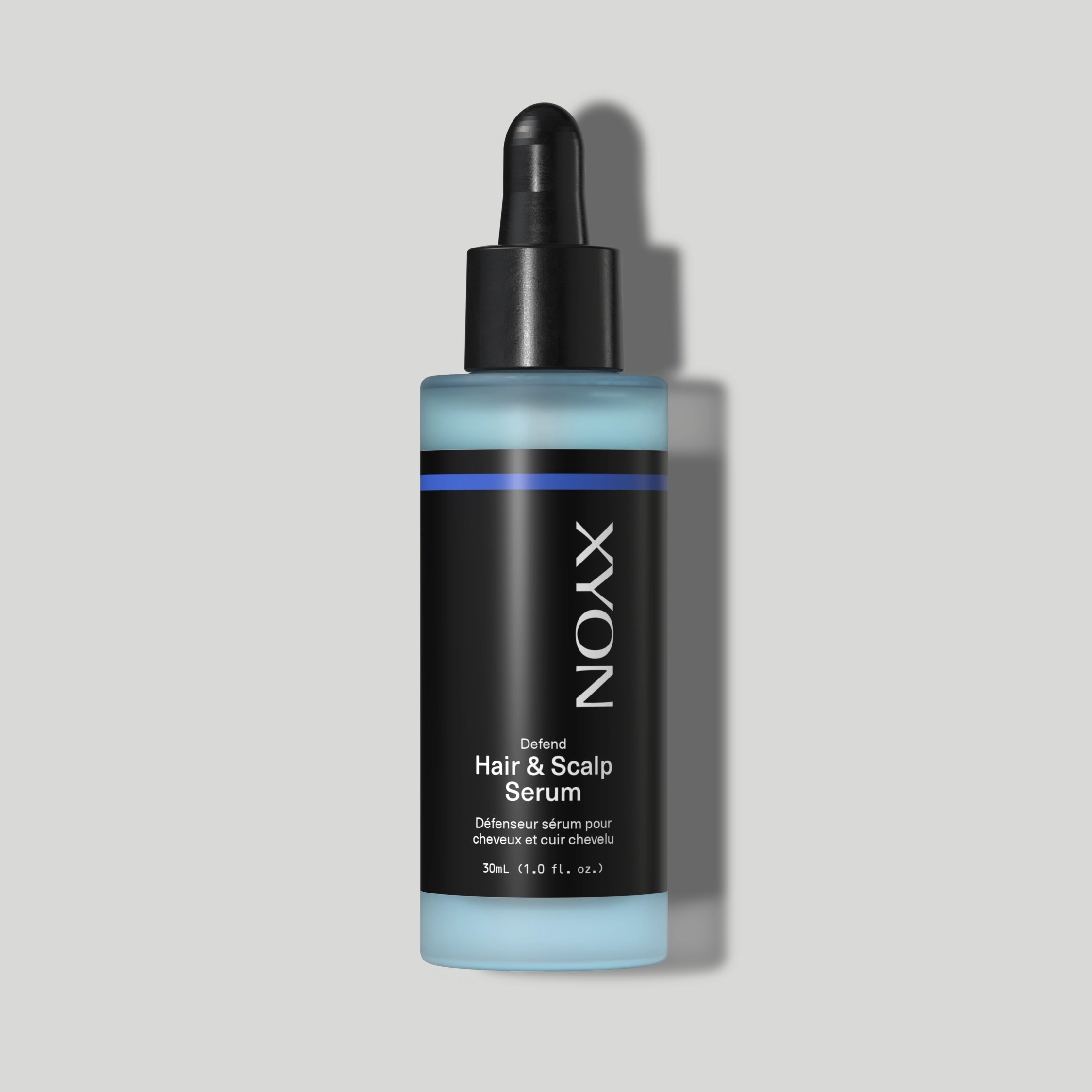Safety Information
Before you start using dutasteride and each time you get a refill, please review this important safety information. This information may be updated. It does not replace discussing your medical condition or treatment with your doctor or healthcare provider.
What is the FDA approved use of dutasteride?
Dutasteride is FDA approved as an oral medication to treat benign prostatic hyperplasia (Proscar) in men. Dutasteride has not been FDA approved for topical use or specifically for use in women, but it may be prescribed off-label in topical compounded formulations for hair loss.
You can read more about some of the study data on dutasteride use in women by visiting this link:
Adverse effects and safety of 5-alpha reductase inhibitors finasteride and dutasteride: A systematic review.
What is topical dutasteride?
Topical dutasteride is a compounded prescription medication used for the treatment of male and female pattern hair loss (androgenetic alopecia). This compounded treatment is not approved by the FDA and is only available if prescribed after an online consultation with a licensed physician through the XYON Health platform. Data from small scale and case studies have shown that topical dutasteride may help reduce serum DHT levels with a lower incidence of side effects (e.g., sexual dysfunction) that have been reported with the oral versions of this class of medications.
What should I tell my healthcare provider before taking dutasteride?
Please inform your doctor or healthcare provider if any of the following apply:
- You have a personal or family history of prostate cancer, breast cancer
- You have prostate or urinary symptoms such as reduced urine flow, difficulty urinating or pain
- You have a history of liver or kidney disease or dysfunction
- You have a history of any serious mental health conditions
- You are pregnant, trying to get pregnant, or are breastfeeding
Who should not take dutasteride?
You should not take dutasteride if you:
- Have ever had an allergic reaction to dutasteride or any other ingredients in the treatment
- Have a history of liver disease or dysfunction
- Dutasteride should not be used by women who are pregnant, may be pregnant or are breastfeeding
- Dutasteride should not be used by infants or children
What are the possible side effects of dutasteride?
The following side effects have been reported with dutasteride use:
- Breast tenderness and enlargement. You should inform your doctor or healthcare provider if you notice any breast lumps, pain or nipple discharge
- Depression, anxiety, brain fog, suicidal ideation
- Decrease libido (sex drive)
- Allergic reactions (e.g., rash, itching, hives and swelling of the lips, tongue, throat, and face)
- Problems with ejaculation
- Testicular pain
- Erectile dysfunction (difficulty achieving or maintaining an erection)
- Male infertility and/or poor semen quality
Please note that dutasteride has only been formally studied in male patients so the side effect profile above is specific to clinical studies in men.
Preliminary data on the use of dutasteride in female patients has shown the following possible side effects:
- Decreased libido (sex drive)
- Breast tenderness and enlargement
- Mood changes (e.g., depression)
- Fatigue
- Muscle soreness
- Weight gain
There is some evidence that dutasteride can increase the risk of some breast and prostate cancers. When used off label in a topical form, systemic side effects of dutasteride are expected to be less frequent/severe, although no formal clinical studies have been done to confirm the safety and efficacy of topical dutasteride. The following is a list of possible side effects associated with the use of topical dutasteride:
- Itching
- Irritation
- Dry and flaky scalp
- Increased scalp oiliness
The above does not represent all potential side effects, medication interactions or study data relating to the safety of dutasteride. It is important to talk to your doctor, healthcare provider and/or pharmacist if you are experiencing any side effects. If you are experiencing a medical emergency or allergic reaction, call 911 or seek immediate medical attention. You are encouraged to report negative side effects of prescription products to the FDA. Visit www.fda.gov/medwatch or call 1-800-FDA-1088.
You can refer to the FDA prescribing information as well as the Prescriber’s Digital Reference (PDR) for comprehensive overviews of dutasteride.























